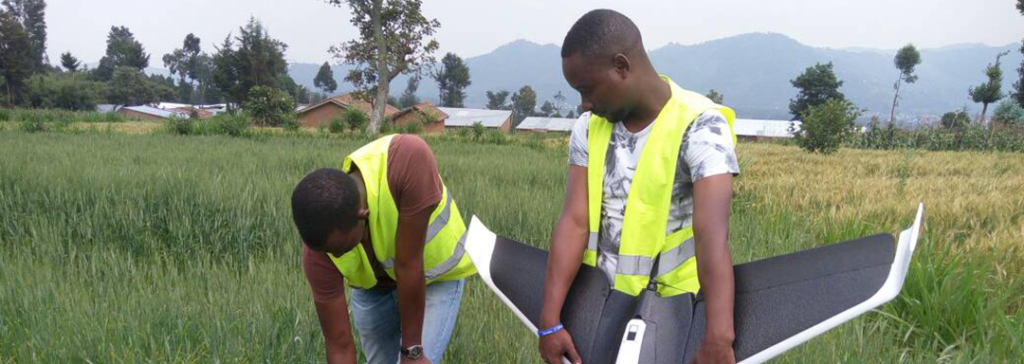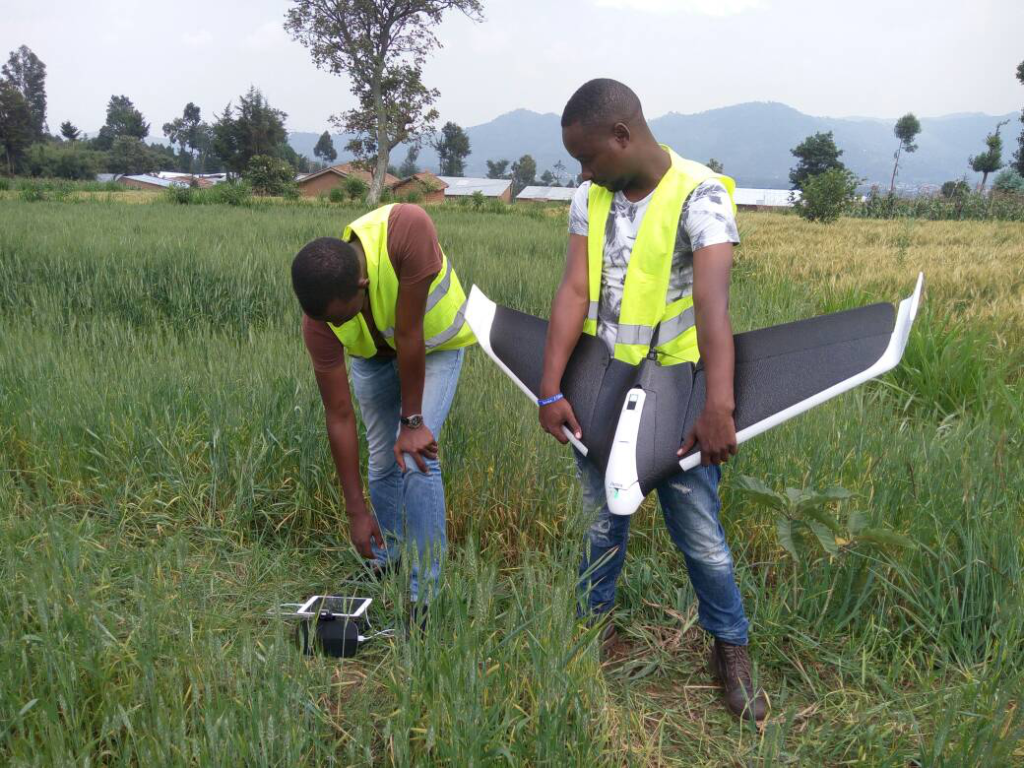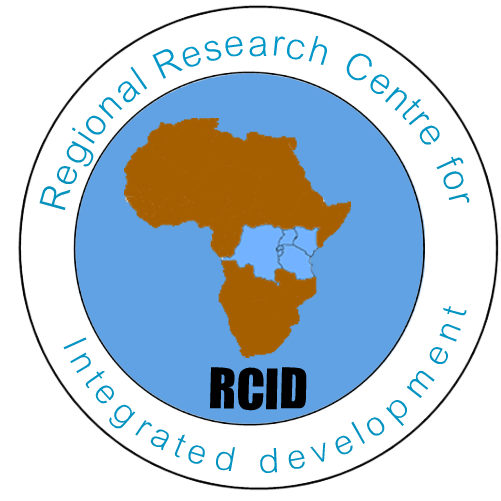
Duration: 2017-2021
RCID contact person: Philippe Rumenera (Email: prumenera@rcidcentre.com)
Sponsor: Technical Center for Agricultural and Rural Cooperation (CTA) in Wageningen, Netherlands, co-financed by EU
Sponsor’s Contact person, function and email: Giacomo Rambaldi, Senior program coordinator (e-mail. Rambaldi@cta.int)
There is a general consensus that smallholder farming needs to become more productive, more sustainable and more profitable. Unmanned Aerial Systems (UAS) or drone-based system – services can contribute towards these goals by bringing some of the tools of precision agriculture to producers, which include large and medium-scale holdings and associations of small-scale farmers growing the same crop in contiguous areas.
UAS can inform a range of services, including mapping and surveying (e.g. farm boundary delineations, crop area calculations, elaboration of digital elevation models), crop inventory (e.g. count of tree crops, yield estimations), crop scouting (e.g. identification of location-specific crop stress, assessment of biomass development), crop damage assessment (e.g. for insurance purposes), crop management advice (e.g. nitrogen application on selected crops), infrastructure inspection (e.g. irrigation systems, farm to market roads, etc.), and increasing farmers’ credit-worthiness via the integration of farmer profiles with high resolution images, crop diagnostics, and accurate and up-to-date data sets.
In 2018-19, CTA is upscaling its activities to increase the number of countries covered and the number of UAS operators across Africa and to assess – via scientific on-site research, the costs and benefits of the technology. These activities and this project are framed within the larger intervention known as Transforming Africa’s Agriculture: Eyes in the sky, smart techs on the ground.
Recognizing the opportunities provided by UAS, in 2017 CTA partnered with leading private sector operators, and assisted ICT start-ups in Benin, Burkina Faso, Cameroon, the Democratic Republic of Congo, Ghana, Jamaica, Nigeria, Rwanda, Tanzania, Uganda and Zambia in acquiring the capacity to deliver UAS services.
 RCID in partnership with the University of Rwanda and Charis are implementing a joint research project funded through the support from CTA through the fund of EU with the purpose to contribute to the understanding of whether smallholder farmers acting upon advice based on data generated via unmanned aerial systems (UAS) increase their net income (i.e. higher yield) and/or reduce their costs (i.e. less fertilizer) when growing wheat or Irish Potato in Musanze area of Rwanda.
RCID in partnership with the University of Rwanda and Charis are implementing a joint research project funded through the support from CTA through the fund of EU with the purpose to contribute to the understanding of whether smallholder farmers acting upon advice based on data generated via unmanned aerial systems (UAS) increase their net income (i.e. higher yield) and/or reduce their costs (i.e. less fertilizer) when growing wheat or Irish Potato in Musanze area of Rwanda.
Results:
The expected results of the research project were:
- Effect of action taken based on UAS advisory on crop productivity. To examine the UAS advisory service effect on productivity, the propensity score matching or endogenous switching regression model will be used.
- Cost-benefit analysis of using UAS advisory services in crop production. The cost-benefit analysis will be used to estimate and compare the costs and benefits resulting in farmers when acting on advisory services based on the data generated via UAS in wheat and potato production. The control group of farmers won’t benefit from such advice and farm based on conventional advisory sources if any.
- Individual farmers’ or Farmer Cooperatives’ Willingness to Pay for UAS advisory services. Double bounded contingent valuation model will be used to analyze the mean willingness to pay for the technology.
